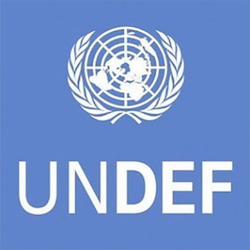(PILOT STUDY REPORT)
May 2012
Authored by:
- Dr Annie Bolitho, Associate, Melbourne Sustainable Society Institute, University of Melbourne
- Dr Carolyn Hendriks, Senior Lecturer, The Crawford School of Public Policy, The Australian National University
- Mr Chad Foulkes, Research Fellow, World Health Organisation Collaborating Centre for Obesity Prevention, Deakin University
This report summarises the key findings from a pilot research project on local committees of management (or ‘citizens’ committees’) in Victoria. The research was supported by funds from the Centre for Citizenship and Public Policy at the University of Western Sydney and The newDemocracy Foundation. It has been undertaken by researchers from The Australian National University (ANU), University of Melbourne and Deakin University.
The research project investigated the practice and deliberative potential of ‘citizen committees’ set up to advise governments. It focused on local committees of management in Victoria, in particular, the application of Section 86 (S86) committees. These committees are widely used in the local government sector in Victoria, and are a critical instrument of the Local Government Act (1989) (Vic). ‘Section 86’ refers to that section of the Act whereby “Council may by instrument of delegation delegate any of its functions, duties or powers under this or any other Act to a special committee”, with the proviso that a council cannot delegate some powers to such committees, for example the power to declare a rate or charge, borrow money or enter into contracts to spend beyond amounts previously determined by the council (Local Government Act (Vic), 1989).
The primary goal of the research was to examine the role and function of S86 committees, particularly in terms of their
- committee membership and legitimacy
- deliberations and decision making processes
- strengths and weaknesses, according to relevant parties such as Council staff and committee members.

